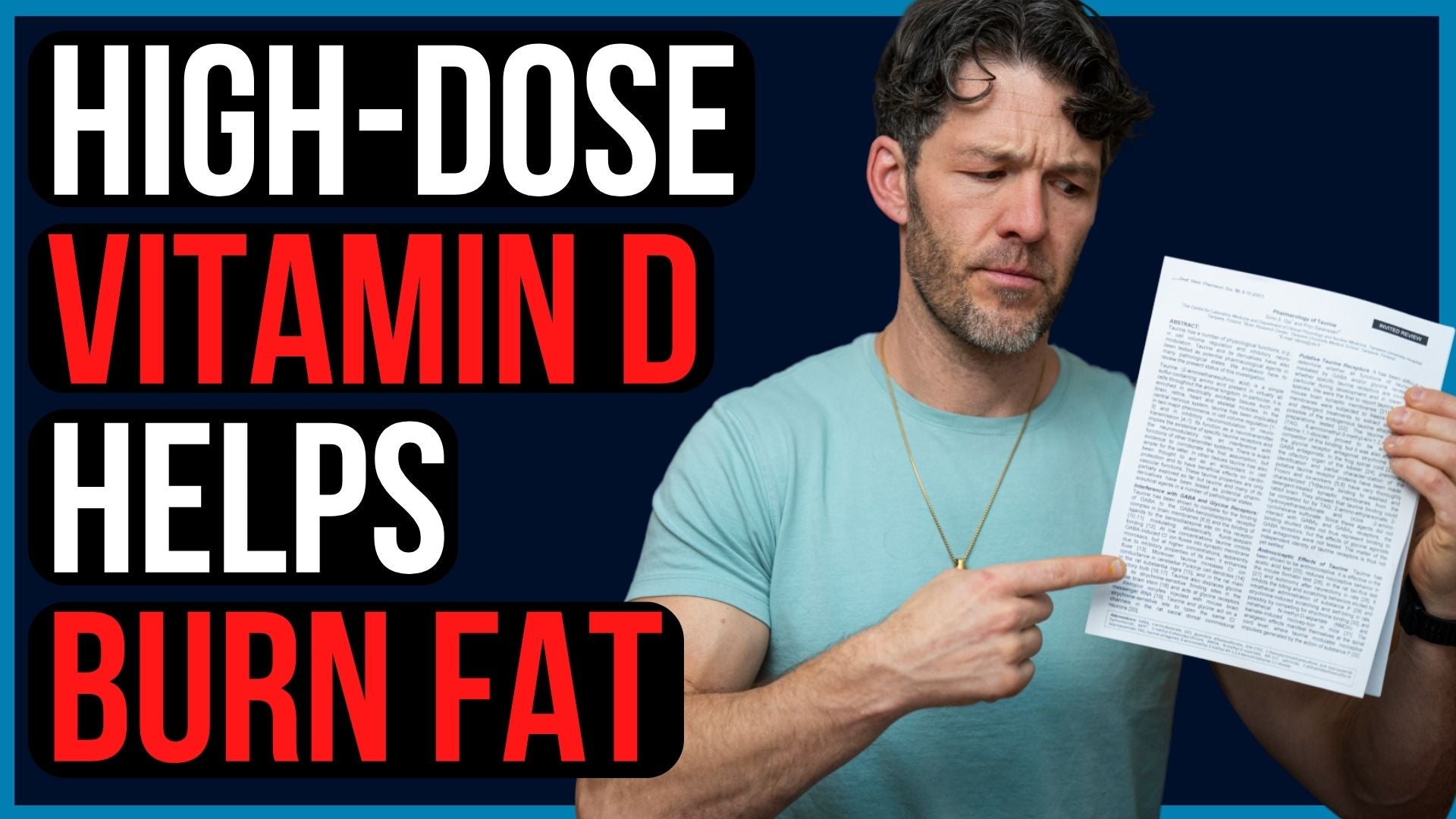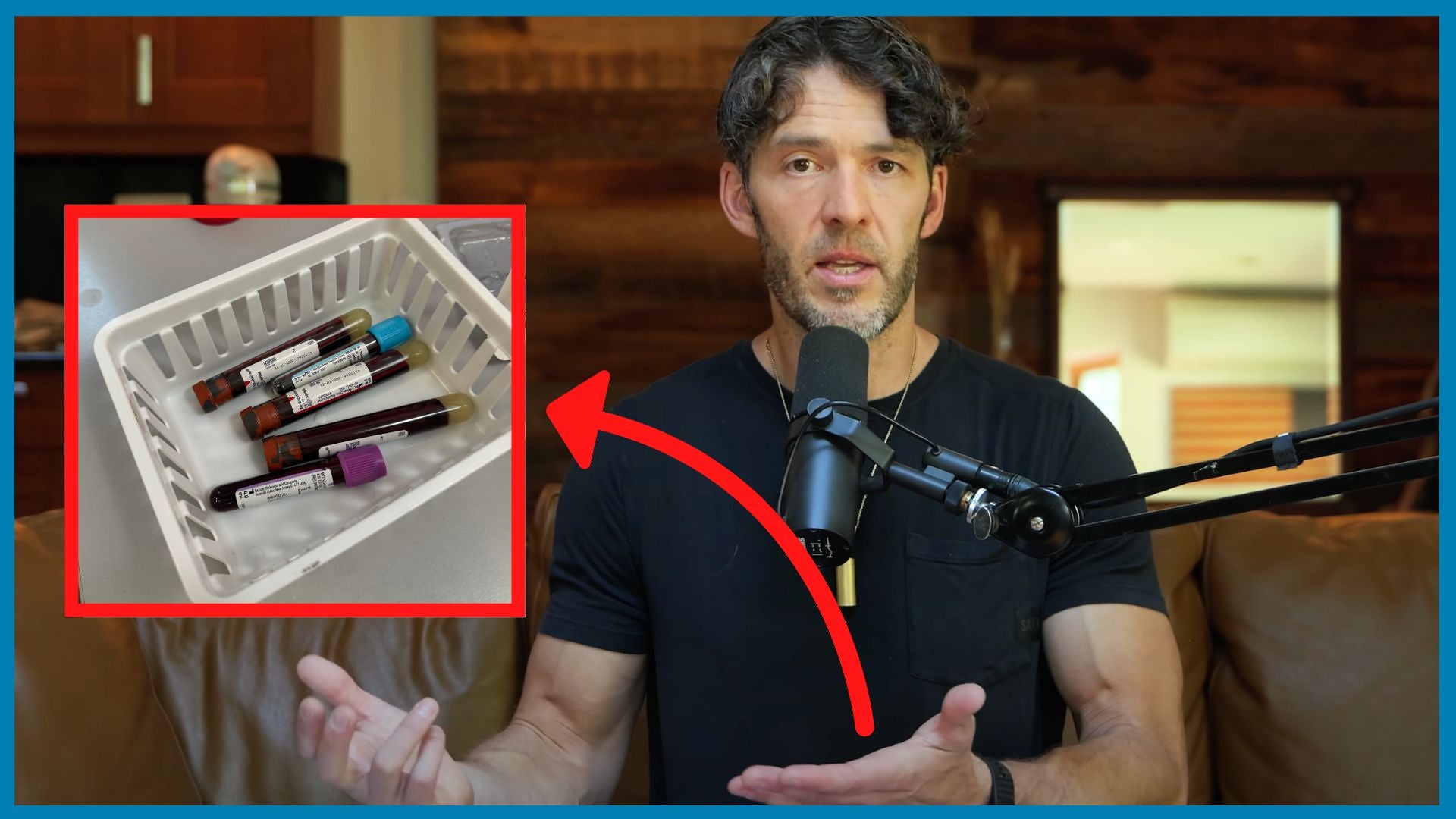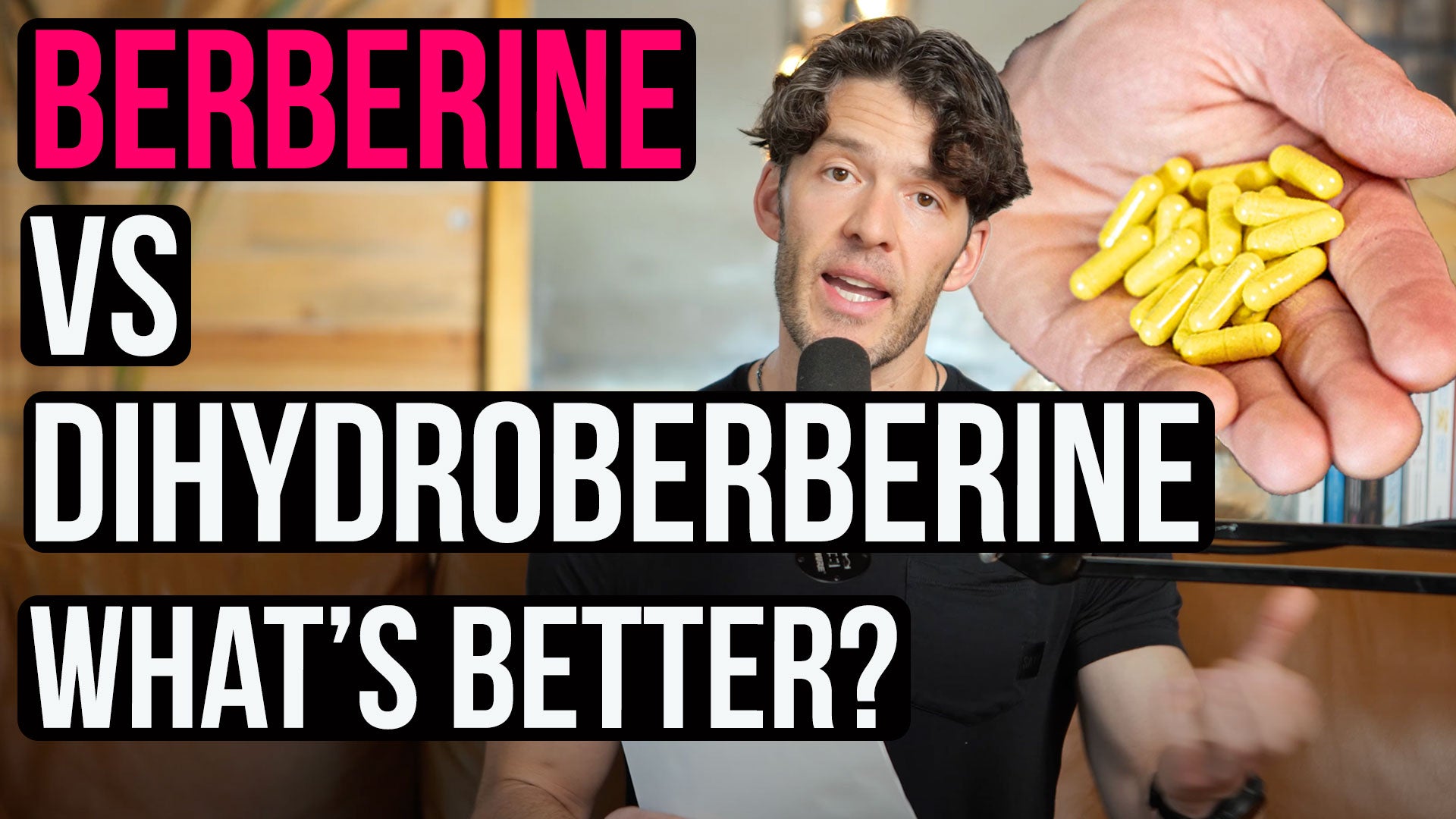What to Look for When Purchasing Fish Oil

Omega-3 fatty acids and fish oil are some of the most underrated tools for enhancing fat loss during exercise.
These compounds have been shown to preserve lean muscle mass while enhancing fat oxidation, among other benefits.
Having been a functional medicine consultant for 12 years, I can say that functional medicine doctors across North America love recommending fish oil to their patients for its ability to generate pro-resolving lipid mediators and support healthy glucose and insulin metabolism.
But, like many dietary supplements, most commercial fish oil is not third-party tested to ensure that what’s on the label is in the bottle and that what’s in the bottle is low in harmful oxidation products, residual solvents and heavy metals.
Thankfully third-party analysis groups like Nutrasource are testing supplements to ensure manufacturers are not selling products that cause more harm than good.
While in Canada, we caught up with a Nutrasource representative to discuss common problems with fish oil and how to avoid buying junk!
Key Takeaways:
03:06 IFOS tests the volunteered product by lot number and post the results online for consumers. This helps to make products better.
04:23 The impact of mercury in fish oil upon you depends upon how much you take. It is not much of a concern if you are taking a high-quality IFOS certified brand.
05:04 IFOS tests for short term and long-term oxidation (peroxide and anisidine). It shows how your fish oil has been handled.
05:23 They test for heavy metals: mercury, lead, total arsenic and cadmium, as well as PCBs, dioxins and furans, and dioxin-like PCBs.
05:45 They also test the EPA and DHA content.
07:39 Different types of fish oil have different absorption rates within the body.
08:24 How fish and fish oil is handled during processing impacts its propensity to oxidize.
09:37 Consuming oxygen damaged fish oil is pro-oxidative. They may potentially damage cell membranes, DNA and mitochondrial membranes.
12:10 Krill oil testing has recently been added as IKOS. They test for organic and inorganic arsenic.
12:37 Krill oil contains organic arsenic, which does not produce the negative effects of inorganic arsenic.
14:03 Radiation testing is available.
16:00 Nutrasource also has a Non-GMO program which is testing based. They can run a test on finished products to see if there is GMO DNA material present and certify on that basis.
17:49 Nutrasource is launching a probiotic program. They will make sure that what is on the label is in the bottle, that they are alive and check for contaminants.
RECENT POSTS
CATEGORIES
- 5-MTHF
- Adrenals
- air quality
- Berberine
- Blood Work
- caffeine
- Collagen
- Cortisol
- Creatine
- D-chiro-inositol
- Detoxification
- DHEA
- Electrolytes
- epigenetics
- Erythritol
- Exercise
- Fast Mimicking
- Fasting
- Fat Loss
- fires
- Glutathione
- GLY-NAC
- Glycine
- gut bacteria
- Hormones
- IFOS
- Inositol
- INTERNATIONAL FISH OIL STANDARDS (IFOS) PROGRAM
- Iodine
- longevity
- magnesium
- Magnesium L Threonate
- Metabolic Health
- Microbiome
- minerals
- Monk Fruit
- Multivitamin
- myo-inositol
- N-acetyl cysteine
- NAC
- omega-3 index
- Post exercise
- Pre Workout
- Recipe
- Sleep
- Stevia
- vitamin
- Vitamin B12
- Vitamin D
- Weight Loss
- whey protein
- Women's Health
- Zinc
- Zinc Taste Test




